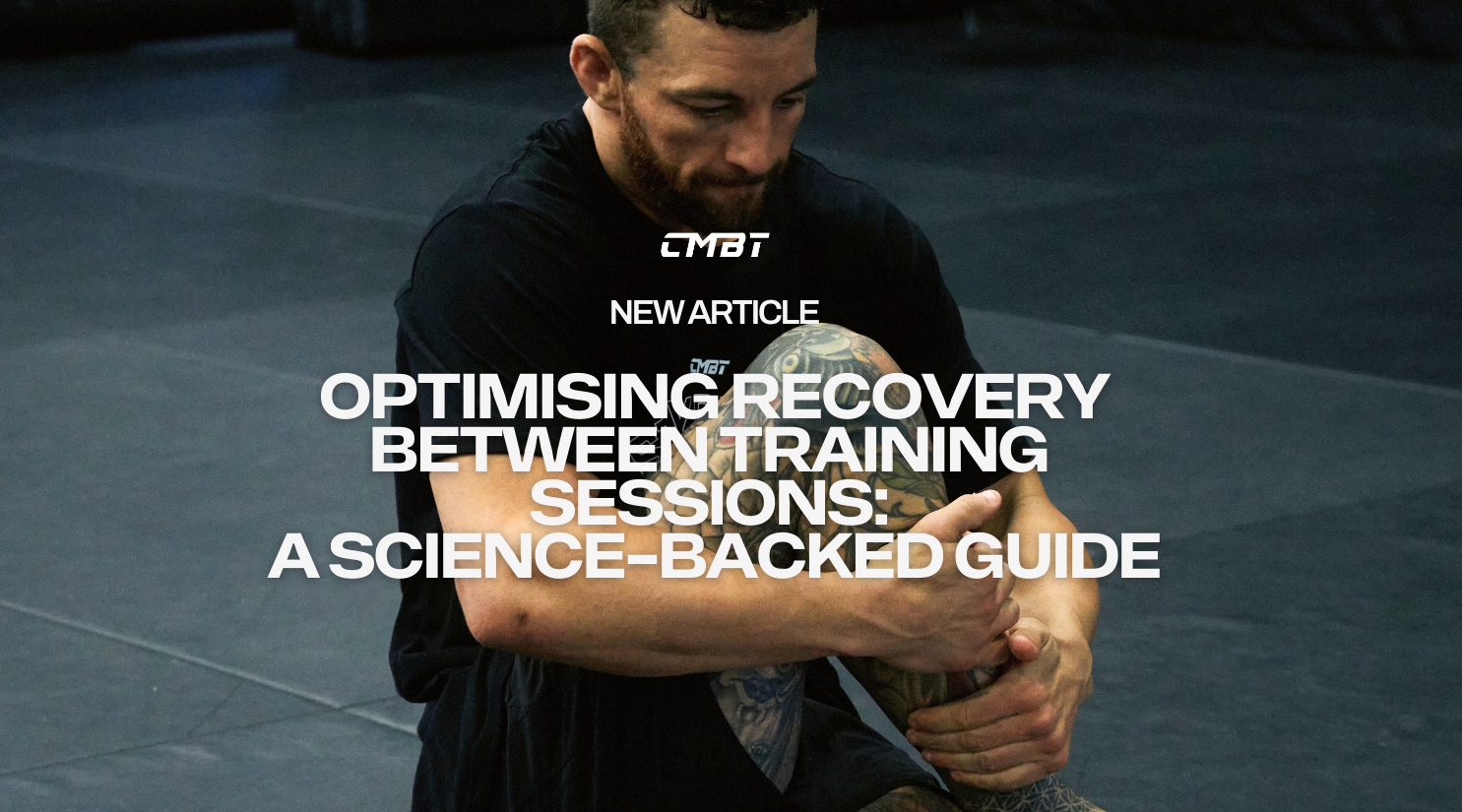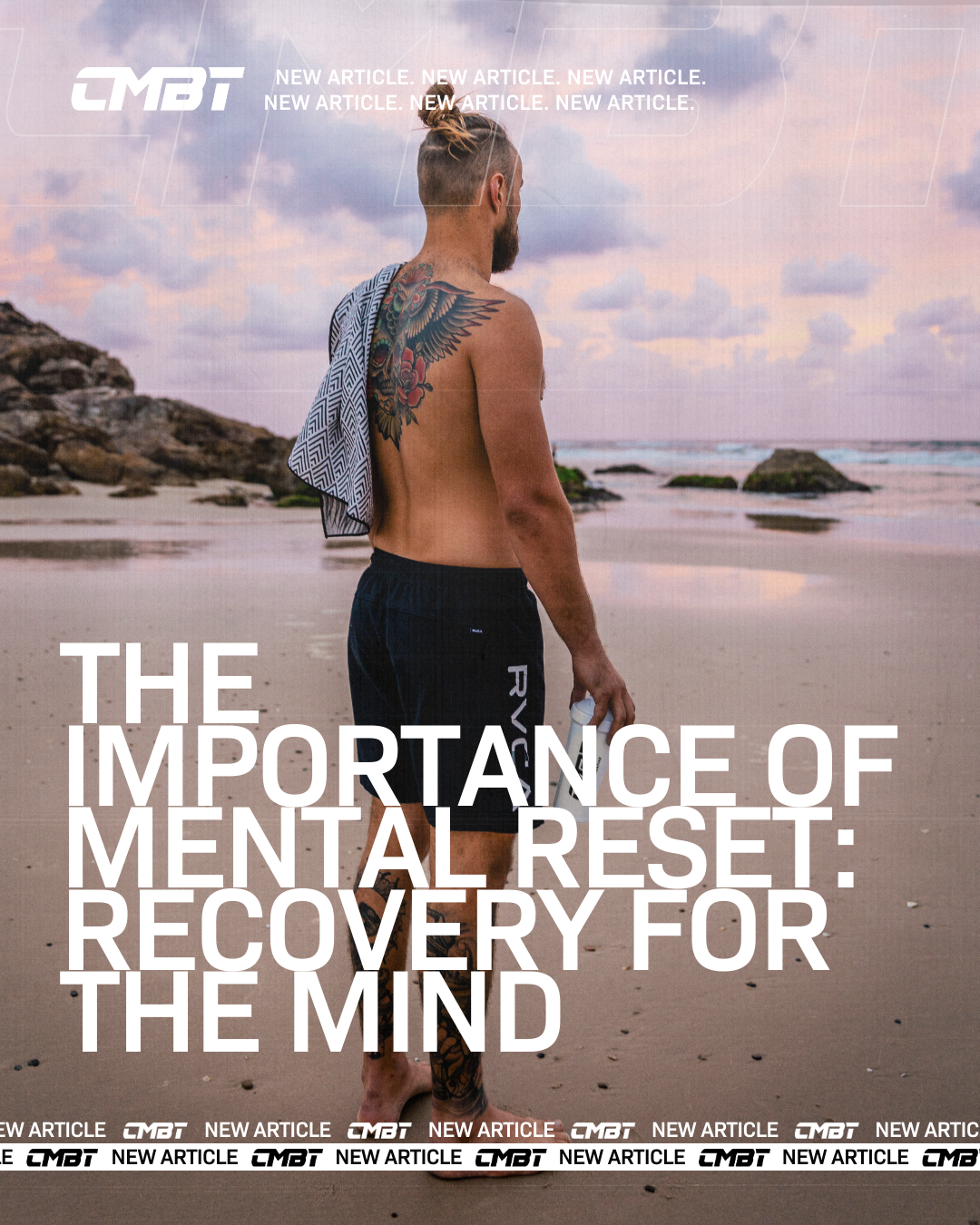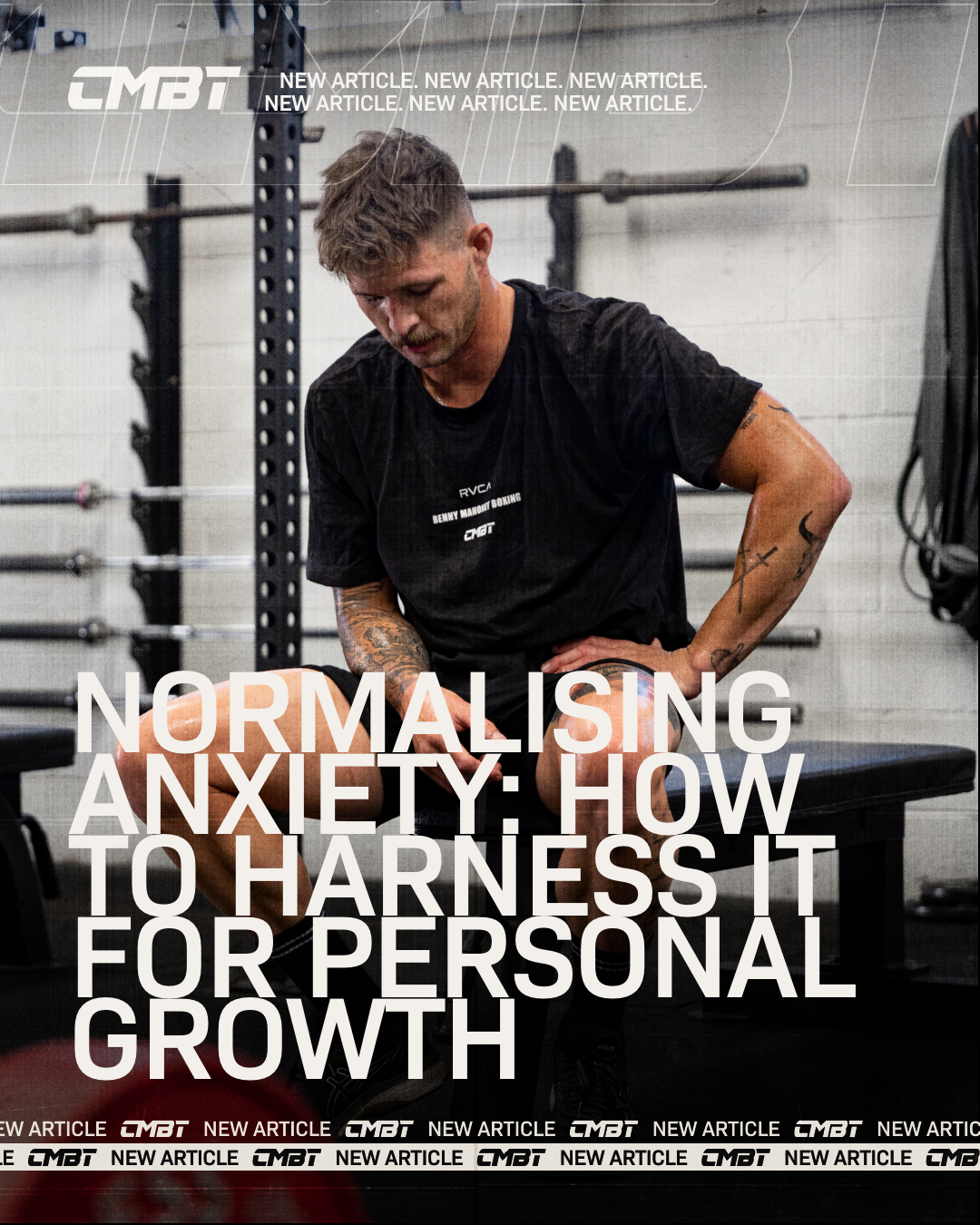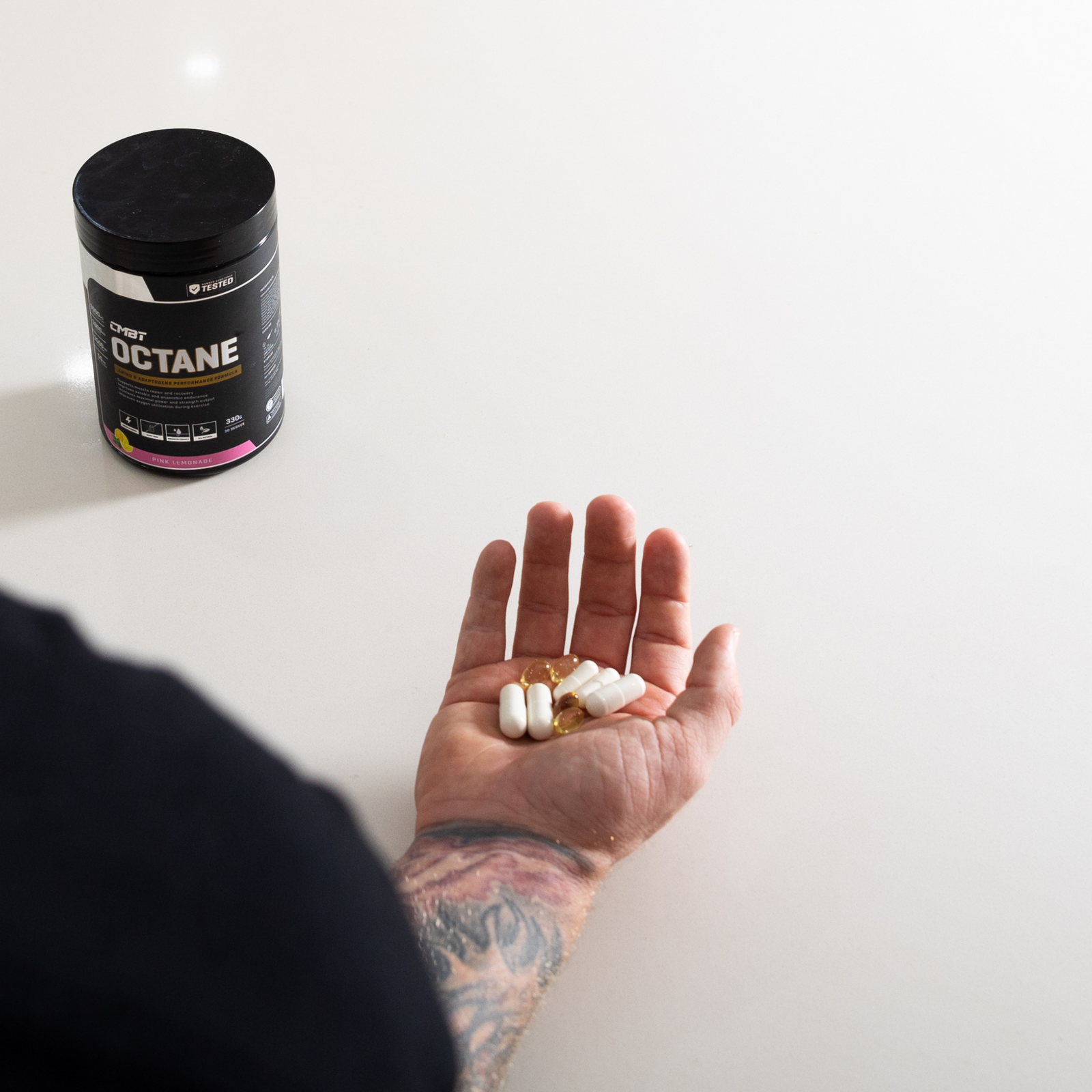The human body is a complex and intricate system, where every component plays a crucial role in maintaining overall health. While we often think of diet and exercise as the primary factors that influence our immune system and physical health, there's another powerful player in the game: our thoughts and emotions. Research has shown that our mental and emotional states have a profound impact on our immune system's function, potentially affecting our susceptibility to illness and overall well-being.
In this article, we’ll explore the impact of our thoughts on our overall health and look at practical implications of how to harness this connection for improved well-being.
The mind-body connection
The concept of the mind-body connection is not a new one. Ancient healing traditions like Ayurveda and Traditional Chinese Medicine have long recognised the importance of emotional well-being in maintaining physical health. Modern science has begun to catch up, providing substantial evidence of how our thoughts and emotions influence our immune system.
Psychoneuroimmunology is the scientific field that explores the intricate connections between the mind, the nervous system, and the immune system. Researchers in this field have made significant progress in understanding how thoughts and emotions influence our health. This emerging field has uncovered fascinating insights into the role of neurotransmitters, neuropeptides, and cytokines in mediating the connection between our mental and physical states.
The power of our thoughts
Negative thoughts, in particular, can wreak havoc on our well-being. When we constantly ruminate on anxieties, fears, or self-doubt, our bodies respond as if we are under real threat. This triggers the release of stress hormones like cortisol, which can lead to a range of physical and mental health problems.
Chronic elevation of cortisol resulting from negative thought patterns can contribute to insomnia, digestive issues, and even chronic pain. Moreover, it can exacerbate pre-existing conditions such as asthma, migraines, and autoimmune disorders. The mind's negative influence on the body is a vicious cycle, as physical ailments can then perpetuate negative thinking, creating a detrimental feedback loop.
Positive emotions, on the other hand, have been shown to have a protective effect on our health. A study published in the "Psychosomatic Medicine" journal (Steptoe et al., 2008) explored the relationship between positive emotions and cardiovascular health. The findings revealed that individuals who experienced more positive emotions had lower levels of inflammation, a key factor in various chronic diseases.
The role of belief
Our beliefs play a crucial role in how our thoughts impact our well-being. The placebo and nocebo effects are phenomena that demonstrate the astounding power of the mind over the body. The placebo effect occurs when a patient experiences an improvement in symptoms after receiving a treatment with no therapeutic value, solely because they believe it will work. Conversely, the nocebo effect occurs when a person experiences negative side effects or worsened symptoms due to their belief that a treatment will harm them.
These effects highlight the incredible influence our thoughts and expectations have on our physical well-being. While placebos can lead to healing, the nocebo effect shows the potential harm negative beliefs can inflict.
Cultivating a better mindset for health
Recognising the impact of our thoughts on our health prompts us to take responsibility for our mental well-being. Here are some strategies to harness this connection for improved well-being:
- Mindfulness: Mindfulness practices can help us become more aware of our thought patterns and emotions. By observing our thoughts without judgment, we can learn to redirect negative thinking and reduce stress.
- Stress management: Incorporate stress-reduction techniques such as deep breathing, yoga, or meditation into your daily routine to lower cortisol levels and support your immune system.
- Cultivate positive emotions: Foster positivity through practices like gratitude journaling, engaging in hobbies you love, and maintaining strong social connections.
- Healthy lifestyle choices: Remember that physical health and mental health are interconnected. A holistic approach to health includes a balanced diet, regular exercise, and adequate sleep, all of which can positively impact your immune system.
- Seek support: If negative thoughts are significantly impacting your life, consider seeking support from a therapist or counselor. They can provide strategies to address underlying issues and help you develop a more positive mindset.
The evidence is clear: our thoughts have a substantial impact on our immune system and overall health. By recognising the profound influence of our mental and emotional states on our health, we can take proactive steps to support our immune system and overall well-being, instead of becoming susceptible to illness. Whether it's reducing stress, cultivating positivity, or practicing mindfulness, our thoughts and emotions have the potential to be powerful allies in our journey for holistic health. As the saying goes, "A healthy mind leads to a healthy body."
If you want to take control over your thoughts and channel them into positive action, our CMBT Strong Program is your ally! It will help you eat better, move more, and become more mindful - all with the support of an amazing community of like-minded people - so that you can unlock your true potential. Click here to find out more.


















































![[VIDEO] Fuel Your Passion feat. Sami Locke](http://cmbt.com.au/cdn/shop/articles/Sami.jpg?v=1625826844&width=1600)